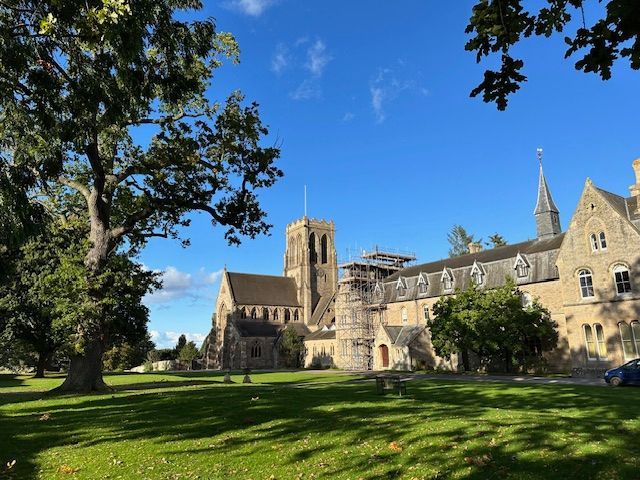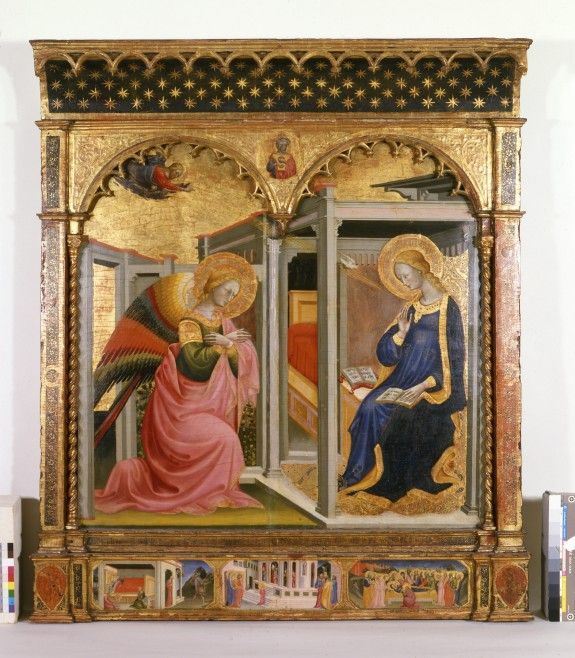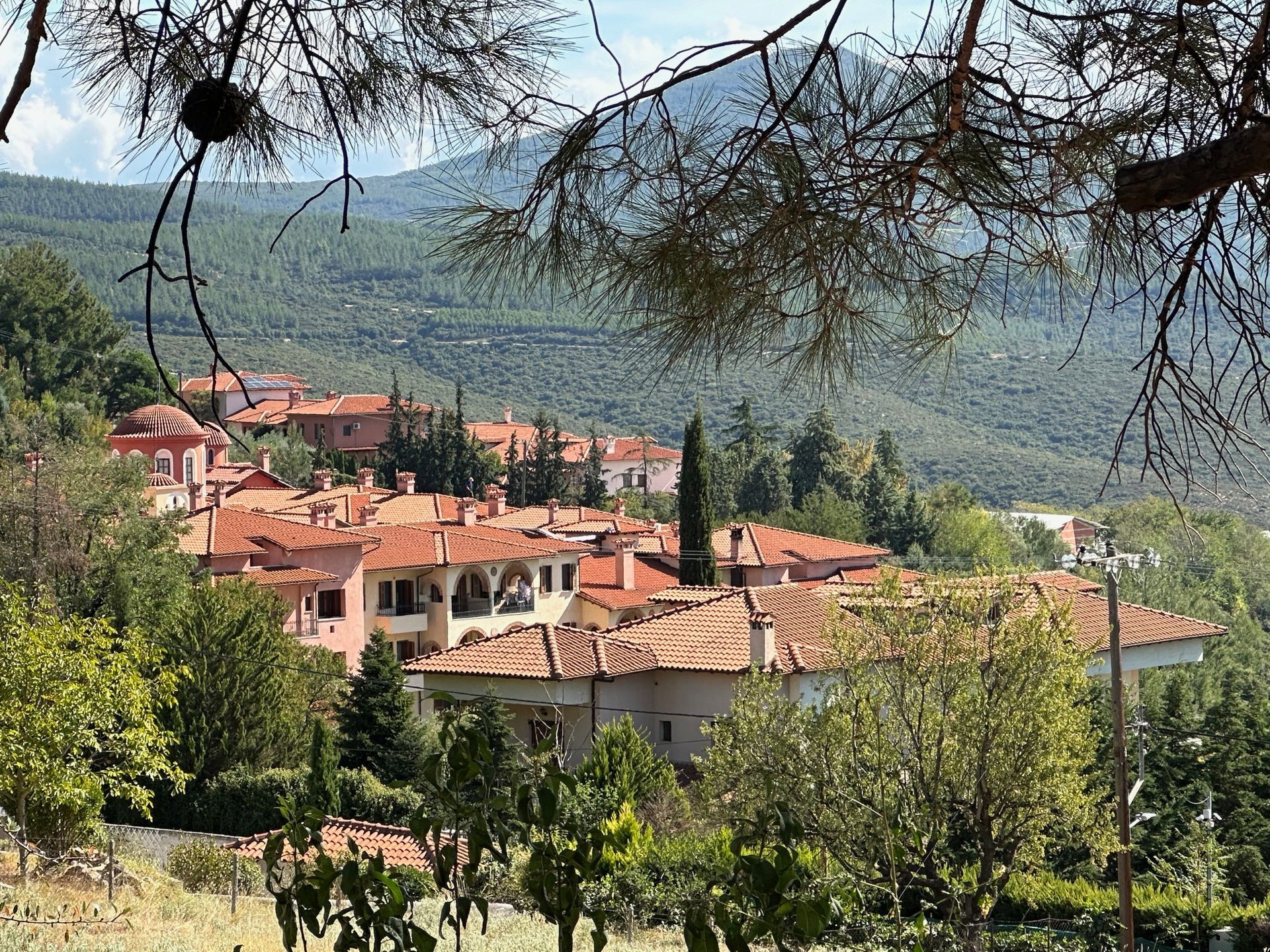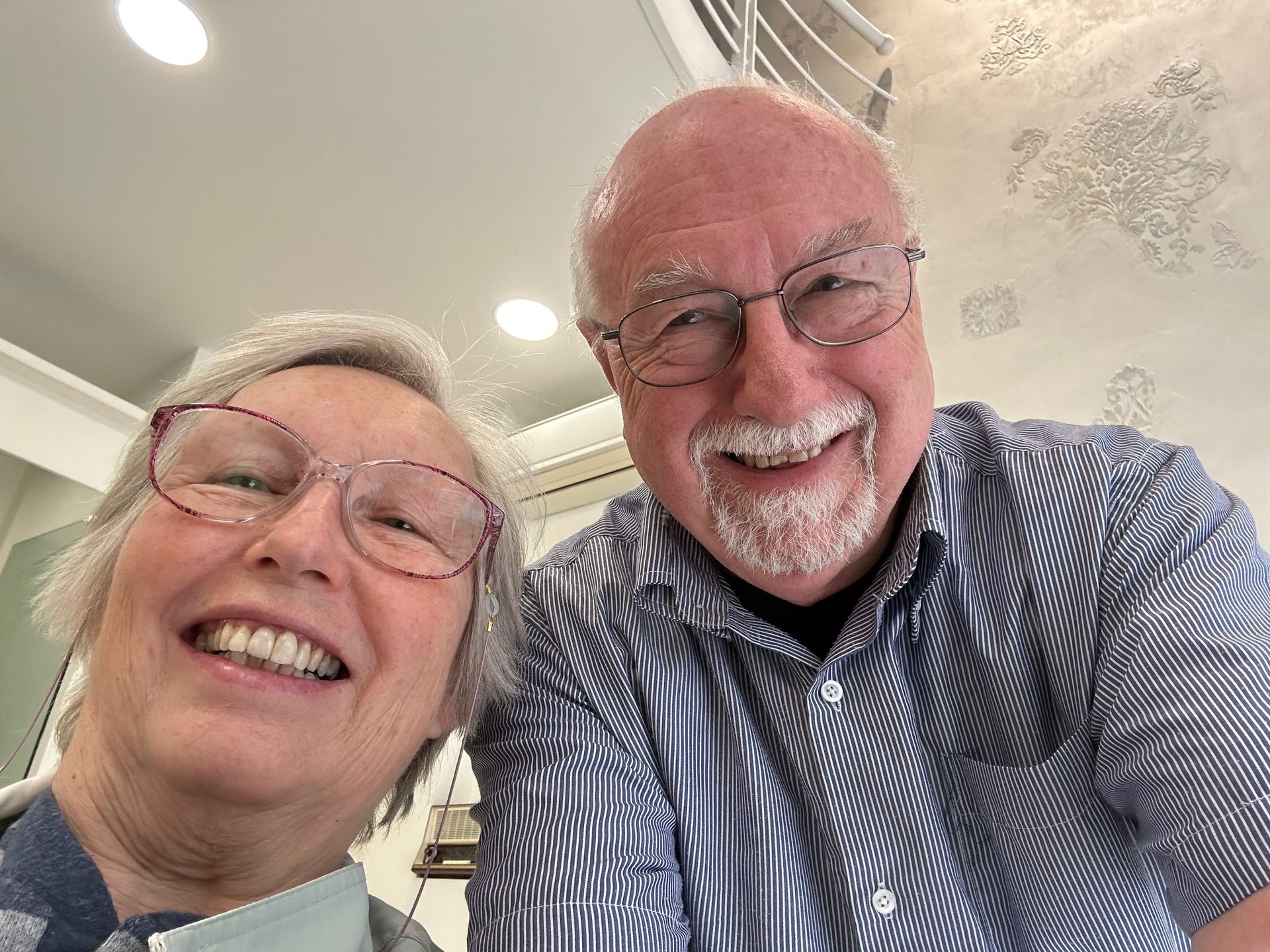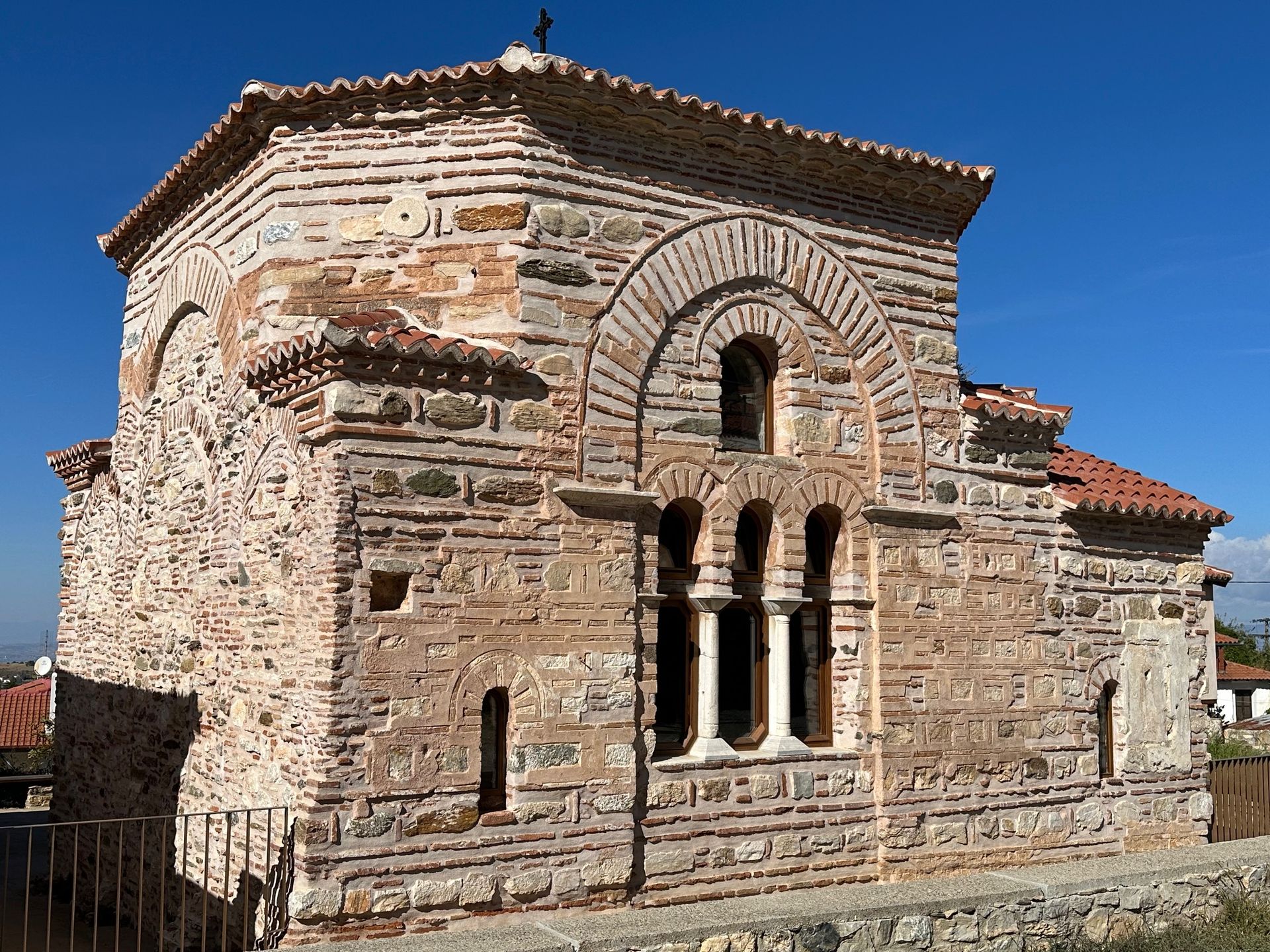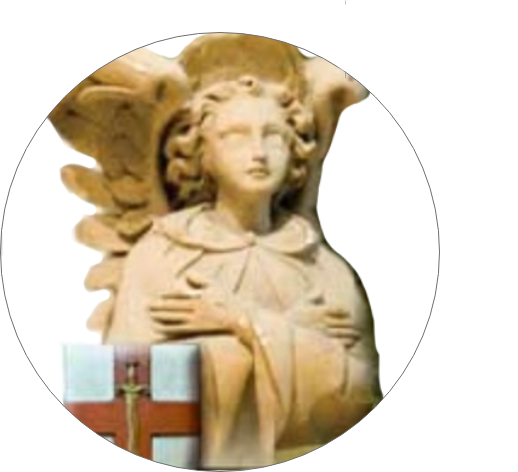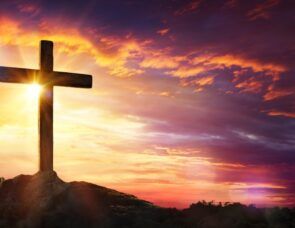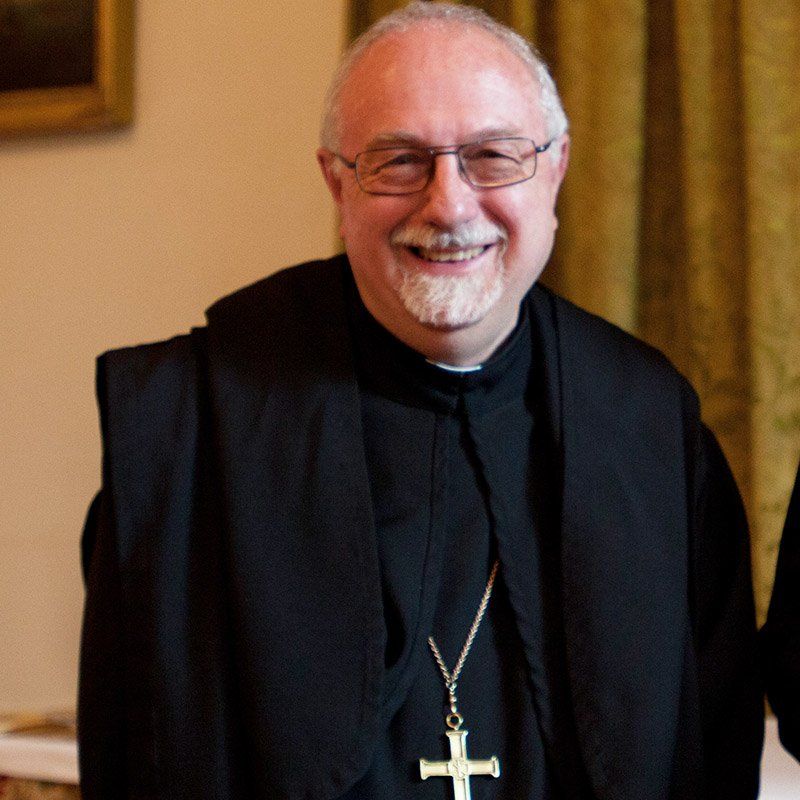Message from Fr Paul for Saturday 23rd September
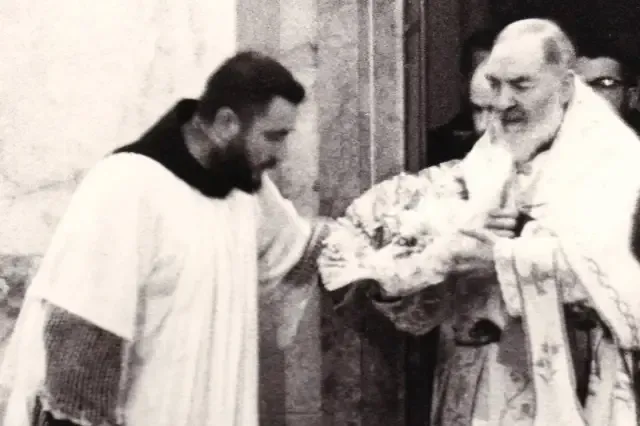
Message from Fr Paul for Saturday, 23rd September 2023
Today the Church celebrates one of our greatest modern saints, St Pius of Pietrelcina, better known to us all as Padre Pio. Not only is he one of the greatest and best known, but also one of the most loved and sought after for his prayers. He was born of 25th May 1887 and died on 23rd September 1968. He was canonised by Pope St John Paul II, who had known him well as a young priest and bishop, on16th June 2002. From the age of five, he had dedicated himself to a life of prayer and contemplation and to suffering for the love of Christ Crucified. All this he combined with an exquisite charity and spirit of self-sacrifice. At the age of fifteen, which was permitted then, he entered the Capuchin noviciate at San Giovanni Rotondo and was ordained when he was only twenty-three. For Padre Pio the celebration of Mass was a profound mystical experience and his Mass could take up to three hours to celebrate with long pauses of silent contemplation. Every day he would wake at 2.30am and rose to make preparation for Mass, after which he heard confessions practically all day. He ate the smallest amount of food and slept for just a few hours each night. On 20th September 1918, he received the gift of the stigmata, that would conform his life even more closely to that of Jesus, his Lord and Saviour, who also blessed him with many other spiritual gifts for the salvation of souls. He could read people’s hearts and convey to them the forgiveness and the love of God. He was God’s chosen instrument to bring many to reconciliation with the Church and with their loving Lord. May he pray for us today and for those most in need of God’s mercy and forgiveness.
Yesterday we read a short link passage, typical of Luke. We now find Jesus going through towns and villages, often unnamed, preaching and teaching. In today’s Gospel reading from Luke, (Lk 8: 4-15), we find the parable of the sower. Jesus tells this parable to a large crowd. No reason is given as to why he preached it there and then. It wasn’t the response to a question, nor was it aimed at the scribes and Pharisees. It can be read in any context, which is why it speaks to us so eloquently today. “A sower went out to sow his seed. As he sowed, some fell on the edge of the path and was trampled on; and the birds of the air ate it up. Some seed fell on rock, and when it came up it withered away, having no moisture. Some seed fell amongst thorns and the thorns grew with it and choked it. And some seed fell into rich soil and grew and produced its crop a hundredfold.’ Saying this he cried, ‘Listen, anyone who has ears to hear!’” The disciples are mystified, so they ask him. He replies, “The mysteries of the kingdom of God are revealed to you; for the rest there are only parables, so that
they may see but not perceive,
listen but not understand.”
We might well ask, if the mysteries of the kingdom of God are revealed to the disciples, then why can’t they understand a parable preached to the crowd? What did the crowd make of it? There are many imponderables in the Gospels.
Jesus, then gives a detailed explanation of the parable: “This, then, is what the parable means: the seed is the word of God. Those on the edge of the path are people who have heard it, and then the devil comes and carries away the word from their hearts in case they should believe and be saved. Those on the rock are people who, when they first hear it, welcome the word with joy. But these have no root; they believe for a while, and in time of trial they give up. As for the part that fell into thorns, this is people who have heard, but as they go on their way they are choked by the worries and riches and pleasures of life and do not reach maturity. As for the part in the rich soil, this is people with a noble and generous heart who have heard the word and take it to themselves and yield a harvest through their perseverance.” I can clearly see each one of those groups of people in me. At various times in the past and even now, to be honest, I can be like those on the edge of the path, those on rock, those among thorns and, occasionally, those in rich soil. Trusting in God, my prayer is always, “Lord, no matter where I am today, may your word penetrate my heart and mind, my whole being, and bear fruit to your honour and glory and for the good of those around me. Grant me the grace of perseverance. Amen.”
